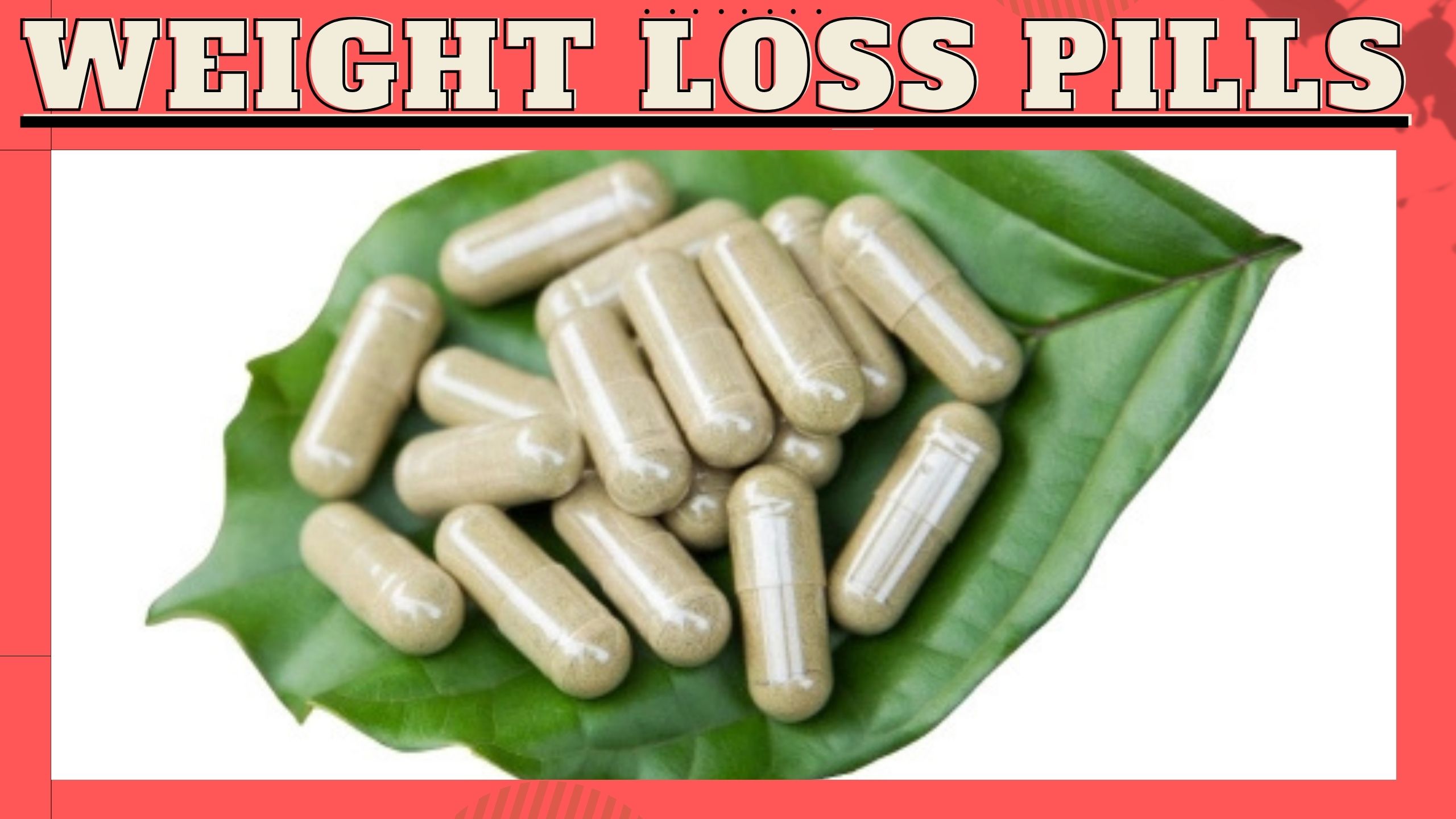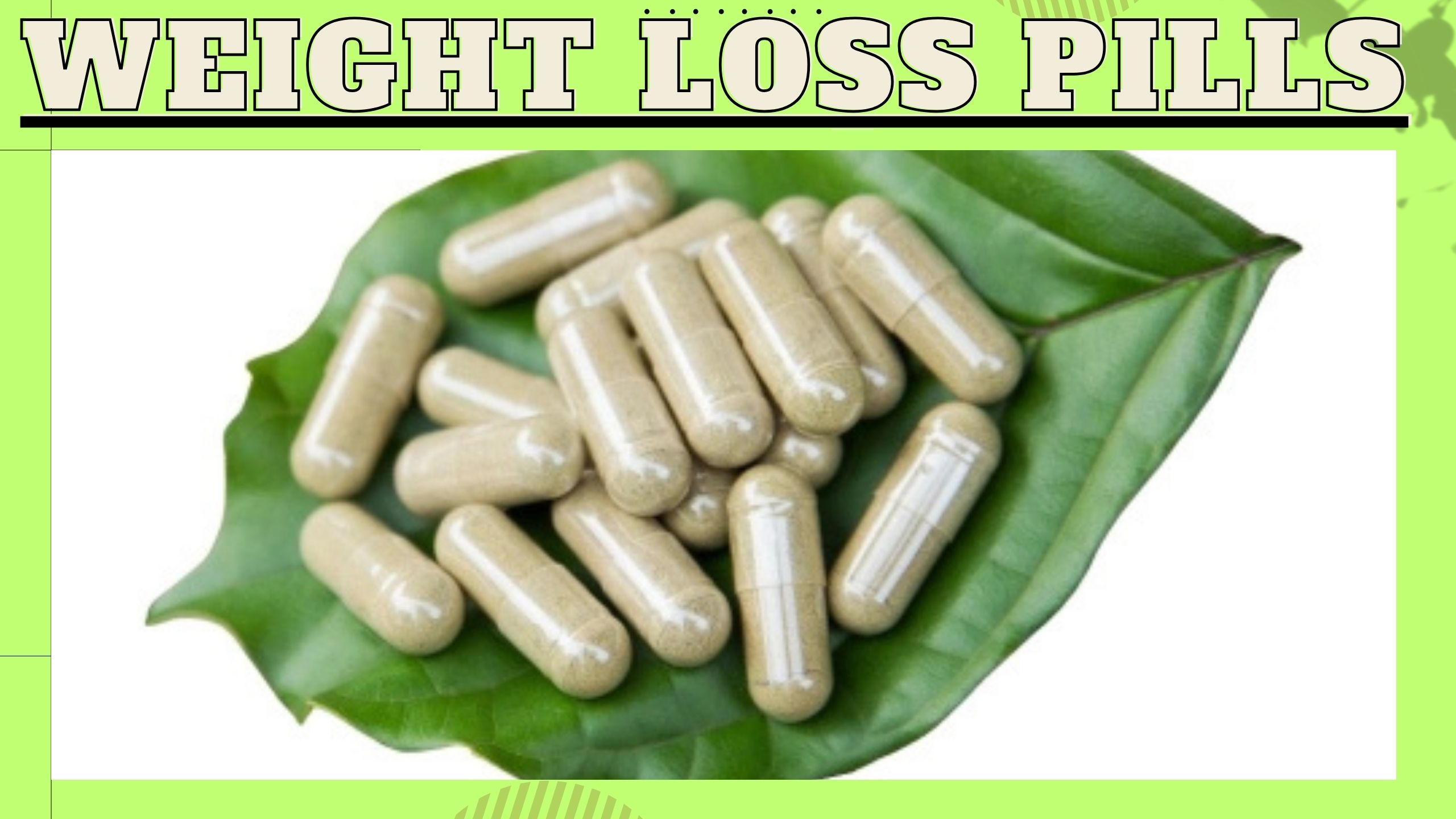Healthy Eating for Weight Loss: Unlock the Secrets to Effective Results

Healthy eating for weight loss involves incorporating nutrient-dense foods such as lean proteins, whole grains, fruits, and veggies while practicing portion control and meal planning. Staying hydrated and limiting processed foods are also key strategies to ensure effective weight loss and maintain overall health.
Healthy eating for weight loss is not just a trend; it’s a lifestyle change that can lead to sustainable results. If you’re struggling with achieving your weight loss goals, focusing on nutritious foods and balanced meals is crucial. In this article, we’ll delve into the key principles of healthy eating, offer practical meal planning tips, and highlight the best foods to incorporate into your diet. Get ready to transform your eating habits and embrace a healthier lifestyle!
Key Principles of Healthy Eating for Weight Loss
Understanding the key principles of healthy eating for weight loss is essential to achieve long-lasting results. By focusing on nutritious foods and making smart choices, you can support your weight loss journey effectively.
Balance Your Plate
To maintain a balanced diet, aim to fill your plate with a mix of food groups. This includes lean proteins, whole grains, healthy fats, and plenty of fruits and vegetables. Having a variety of foods ensures you get essential nutrients while keeping your meals interesting.
Portion Control
Controlling portion sizes is crucial for weight loss. Use smaller plates to help regulate serving sizes and avoid overeating. Make it a habit to listen to your body and eat until you’re satisfied but not stuffed.
Stay Hydrated
Drinking enough water is vital for weight loss. Sometimes we mistake thirst for hunger. Aim to drink at least eight glasses of water a day. Staying hydrated can help control appetite and improve metabolism.
Limit Processed Foods
Processed foods are often high in sugars and unhealthy fats, which can derail your weight loss efforts. Focus on eating whole, unprocessed foods as much as possible. This includes cooking meals at home using fresh ingredients.
Plan Meals Ahead
Meal planning is a beneficial habit for healthy eating. Prepare your meals in advance to avoid the temptation of unhealthy choices. This not only saves time but also keeps you on track with your diet goals.
Mindful Eating
Practice mindful eating by paying attention to your hunger cues and savoring every bite. This approach helps you enjoy your food more and may prevent overeating.
Meal Planning Tips for Effective Weight Loss
Meal planning is a powerful tool for effective weight loss. By organizing your meals ahead of time, you can make healthier choices and stick to your diet. Here are some valuable meal planning tips to help you succeed:
1. Set Aside Time for Meal Prep
Dedicate a few hours each week for meal prep. Choose a day when you have free time to plan your meals, cook, and portion them. This will save you time and stress during busy weekdays.
2. Create a Weekly Menu
Plan your meals for the entire week. Make a menu that includes breakfast, lunch, dinner, and snacks. This structure helps you stay on track and reduces the chances of impulse eating.
3. Use Seasonal Ingredients
Choose fruits and vegetables that are in season. They are usually fresher, tastier, and more affordable. This also makes your meals more diverse and interesting.
4. Batch Cook and Freeze
Consider cooking larger portions and freezing leftover meals. This ensures you always have healthy options available, which can prevent the temptation of unhealthy takeout.
5. Prepare Snacks in Advance
Have healthy snacks ready to grab on the go. Cut up veggies, portion out nuts, or make energy bars to help curb cravings and keep you energized throughout the day.
6. Keep a Grocery List
Create a grocery list based on your meal plan. Stick to this list while shopping to avoid buying unhealthy foods that can sabotage your goals.
7. Stay Flexible
While having a plan is great, be open to changes. If unexpected events come up, swap meals around rather than resorting to unhealthy options. Flexibility can keep you balanced.
Healthy Foods to Include in Your Diet for Weight Loss
Including healthy foods in your diet is essential for effective weight loss. These foods not only provide necessary nutrients but also help keep you feeling full and satisfied. Here are some top healthy foods to consider:
1. Leafy Greens
Vegetables like spinach, kale, and Swiss chard are low in calories but high in nutrients. They are rich in vitamins, minerals, and antioxidants, making them perfect for a weight loss diet.
2. Lean Proteins
Incorporating lean proteins such as chicken breast, turkey, fish, and legumes can help you feel full longer. Protein boosts metabolism and helps build muscle, which is beneficial for burning fat.
3. Whole Grains
Whole grains like quinoa, brown rice, and oats are packed with fiber. They help keep you satisfied and regulate blood sugar levels, making them a healthy carbohydrate choice.
4. Fruits
Fruits such as berries, apples, and oranges are great options for snacks. They are low in calories and high in vitamins, minerals, and fiber. Their natural sweetness can satisfy your cravings without added sugars.
5. Nuts and Seeds
Nuts like almonds and walnuts, along with seeds such as chia and flax, are nutrient-dense. Although high in calories, they provide healthy fats and protein that can help curb hunger.
6. Greek Yogurt
Greek yogurt is an excellent source of protein and probiotics. It can keep you full for longer periods. Choose plain options to avoid added sugars, and consider using it in smoothies or as a topping on fruits.
7. Healthy Fats
Incorporating healthy fats from sources like avocados, olive oil, and fatty fish can be beneficial for weight loss. These fats promote satiety and support overall health.
8. Legumes
Beans, lentils, and chickpeas are excellent sources of fiber and protein. They are affordable and versatile, making them great additions to salads, soups, and stews.
FAQ – Frequently Asked Questions about Healthy Eating for Weight Loss
What are the key principles of healthy eating for weight loss?
Key principles include balancing your plate with different food groups, controlling portion sizes, staying hydrated, and limiting processed foods.
How can meal planning help with weight loss?
Meal planning helps you make healthier choices, saves time during the week, keeps you on track with your diet, and reduces the temptation of unhealthy snacks.
What are some healthy foods to include in my diet for weight loss?
Healthy foods include leafy greens, lean proteins, whole grains, fruits, nuts, seeds, Greek yogurt, healthy fats, and legumes.
How important is hydration in a weight loss plan?
Hydration is crucial; drinking enough water can help control your appetite and boost metabolism, aiding in effective weight loss.
Can I include snacks in my weight loss diet?
Yes, healthy snacks such as fruits, nuts, and yogurt can help keep you satisfied and curb hunger between meals.
Is cooking at home better for weight loss?
Cooking at home allows you to control ingredients and portion sizes, making it easier to maintain a healthy diet and stick to your weight loss goals.

